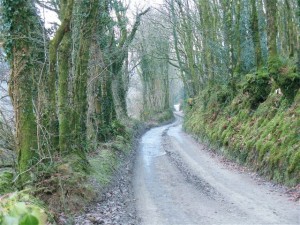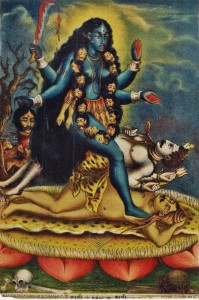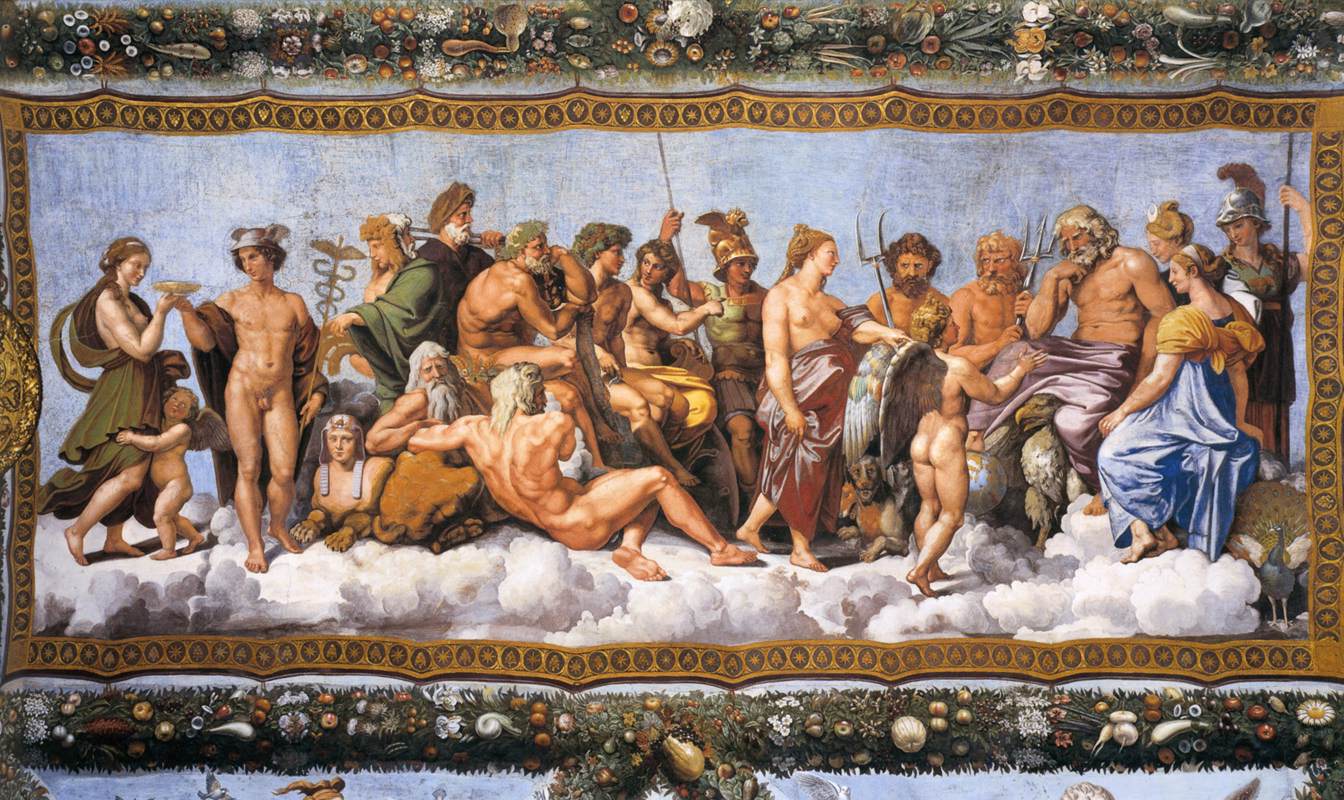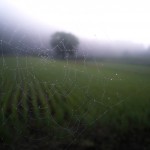I love the religions of the world. If you read this blog, you know that I write a lot about Christianity. I’ve got a big ol’ soft spot in my heart for wisdom where ever I find it. The optimist in me wants a world where our differences give us accent, but don’t overwhelm us to the point where we can’t talk together. I like the Big Umbrella aspect of Pantheacon, where various Pagan communities come together and mingle, work, explore, and share.
But spaces for each type of group are equally important. Attending Pantheacon this year made that clear to me. At a private gathering late on Saturday night an academic friend of mine was trying to talk about polytheism to myself and a certain Druid punk anarchist poet. I know the academic personally and knew what she was trying to work out. Her words weren’t graceful and the Druid got angry. What had she said, my friend asked. Well, you invalidated the entirety of his experience, with one sentence.
The scholar and the Druid managed to work out their misunderstandings. Oh, what listening and speaking calmly can do! But I was reminded that this is exactly why people need spaces where we don’t have to parse definitions, where we don’t have to explain or defend our experiences. It’s important to be able to talk about polytheisms with out the language of they/them, but rather as we/us.
Polytheism may be a Western monotheist construct, but for those of us in the West it’s a generally useful terminology. What I hope for us is that polytheists can remember that many people, particularly cultures and traditions outside the white Western world, might fit the Western definition of polytheist but might not view themselves as such. We need to let others define themselves as they will, but for those that want to talk about gods plural and gods as real, polytheism -broadly defined- creates that space.

I know the vocal polytheisms visible online can appear alienating to some. Some of the voices are strident. This is why I wish River Devora and Anomalous Thracian’s discussion on polytheism at last weekend’s Pantheacon hadn’t been held in the last possible slot on Monday afternoon. Their many points and tone highlighted the best of the Polytheist movement. Below are the points I took away from their discussion.
Gods and people exist in a context of time, place, people groups, and relationships. Polytheisms are living traditions. Where are we as individuals situated in our traditions? What are our connections to our traditions and lineages? To the lands we live on? To the larger context of our historical time and place?
The core of polytheism – of all religious and spiritual practices – is relationship. Gods have relationships, with people as individuals, with people groups, with land, AND ALSO with each other. And all of these things are in relationship with each other as well! We exist in interconnected webs of relationships that move “horizontally” and “vertically,” as well as temporally. Because we as humans and peoples are not static and our lands are not static, these are relationships that change. The gods too are not static and exist in relationship with one another and the embodied world. The whole conversation smacks of Process theology!
Because we are in relationship we can learn from others, in this time and in other times. We can pool our resources and our voices to press the gods for change. We can learn from one another. What do other devotees experience? How do others relate to these gods and spirits? These questions are particularly important if we do not live in the lands that are originally connected with our gods or among their peoples.
 Taking my own practice as an example, as a white Westerner with a Hindu practice I need to ask myself: How does Kali relate to her temples, priests, devotees, and the lands in India? How were those people before me in in time in relationship with Kali and how are people now in relationship with her? How are people here in the US in relationship with her? While I may have a personal practice and be a lone devotee in my town, I am not outside of the webs of relationship that Kali creates and in which she exists. I am one of millions who are in relationship with her RIGHT NOW; my voice is one of many. Just because my voice is the only one I hear in my ears does not mean it is the loudest, most correct or authentic, or most special.
Taking my own practice as an example, as a white Westerner with a Hindu practice I need to ask myself: How does Kali relate to her temples, priests, devotees, and the lands in India? How were those people before me in in time in relationship with Kali and how are people now in relationship with her? How are people here in the US in relationship with her? While I may have a personal practice and be a lone devotee in my town, I am not outside of the webs of relationship that Kali creates and in which she exists. I am one of millions who are in relationship with her RIGHT NOW; my voice is one of many. Just because my voice is the only one I hear in my ears does not mean it is the loudest, most correct or authentic, or most special.
Everything comes back to relationship.
Ideally our various communities in the wider Pagan umbrella can create webs of relationship too, webs that strengthen our practices, care for one another, teach and support in various ways. But sometimes its nice to be among people that share similar definitions, certain aspects of practice, and won’t call you crazy when you say that the gods are speaking.
This is why I am proud to be co-chairing Many Gods West this summer. Come and join us in rituals, dialog and discussions, relationship and community building.















